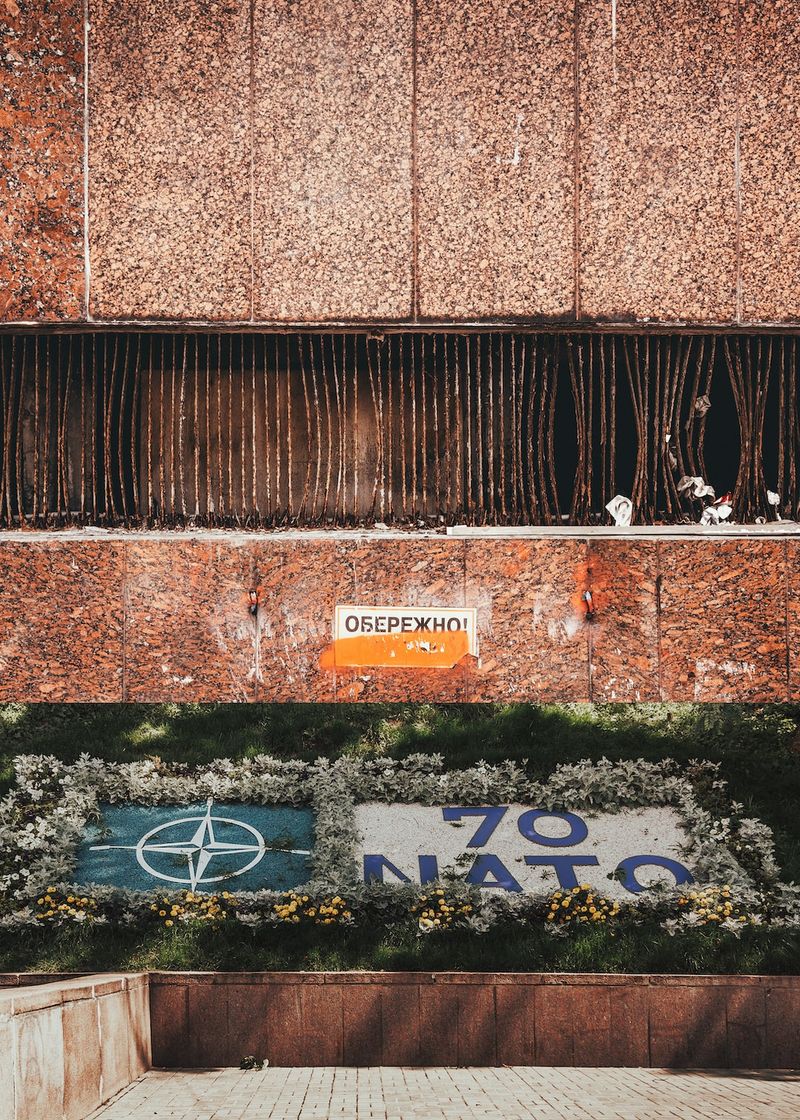Table of Contents
Amnesty International Welcomes New Convention on International Cooperation for Prosecuting International Crimes
Amnesty International, a global human rights organization, has welcomed the adoption of the Ljubljana-Hague Convention on International Cooperation in the Investigation and Prosecution of Genocide, Crimes against Humanity, War Crimes, and Other International Crimes. This new convention sets out the obligations of states regarding legal cooperation and extradition in the investigation of crimes under international law. Delegations from more than 70 states, international organizations, and civil society took part in the two-week negotiations in Ljubljana that led to the adoption of the treaty.
Improved Justice for Victims
The adoption of this new convention is a historic step towards delivering justice to victims of crimes under international law. The new legislation opens more routes to justice and expands the rules on the recognition, role, and rights of victims. There is also an increased emphasis on the duty to provide fair treatment to the accused throughout and the statutes of limitations for these crimes have been largely outlawed. Importantly, the principal duty of states to prosecute or extradite suspects of crimes under international law was enshrined and expanded.
The expansion of this duty to certain crimes in non-international armed conflicts is a vital step forward. It will ensure that perpetrators of such crimes have fewer places to seek refuge. The core principles of the treaty were preserved and should significantly reduce the impunity of perpetrators of such crimes.
It is of great concern that last-minute efforts by some states resulted in the inclusion of an exemption that gives these states discretion on whether to investigate and prosecute suspected perpetrators present on their territory. This exemption should be a universal duty. However, the determination of most states involved in the negotiations to minimize ‘safe havens’ for those responsible for genocide, crimes against humanity, and war crimes, and to fulfill the victims’ right to remedy, ensured that this exemption was limited.
The Importance of Ratification
The adoption of this convention is a historic opportunity to strengthen international legal cooperation. Amnesty International now urges states to promptly sign the treaty and ratify it without reservations. The treaty fills a gap in international law and justice by clarifying and cementing the duties and obligations of states to assist each other in cases involving international crimes. It provides a ‘toolbox’ in the fight against impunity for these crimes and bolsters the role of national judicial systems in pursuing such cases.
Conclusion
The adoption of the Ljubljana-Hague Convention on International Cooperation in the Investigation and Prosecution of Genocide, Crimes against Humanity, War Crimes, and Other International Crimes is an important step forward in the fight for justice for victims of international crimes. Its adoption provides hope that more perpetrators of such crimes will be held accountable and a message that impunity will no longer be tolerated. Amnesty International urges all states to sign and ratify the treaty without delay.

<< photo by Marjan Blan >>
You might want to read !
- Namibia Takes a Leap Towards Equality: Foreign Same-Sex Marriages Legally Recognized
- Hong Kong’s detention of Uyghur student demands transparency
- Art as a Solution: Addressing the Plastic Pollution Crisis
- The Elusive Justice for Hissène Habré’s Victims in Chad
- French Government Pushes for Loopholes in New Treaty That Could Shield War Criminals
- “Humanitarian Crisis Looms as Cyclone Mocha Wreaks Havoc on Myanmar’s Rohingya”
- The Complexities and Implications of the UAE’s Invitation to Syrian President Bashar al-Assad for COP28